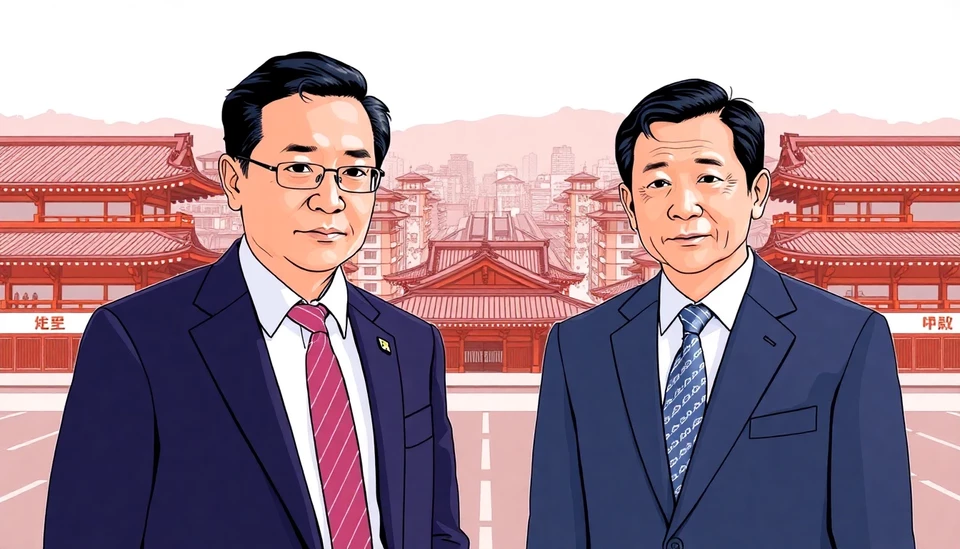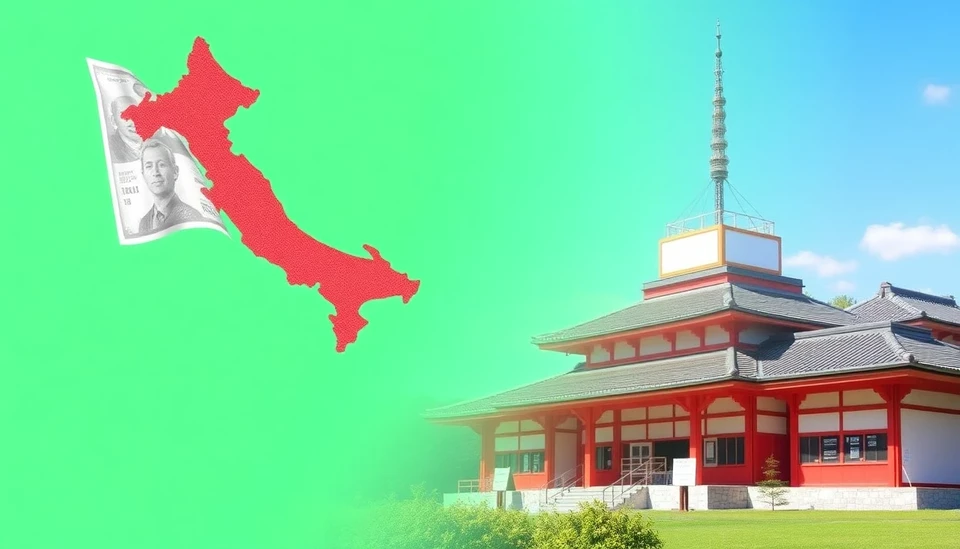
In a notable shift for the Japanese economy, companies across Japan are increasingly transferring rising costs onto consumers, a trend that has surged to the highest rate observed since 1992. This development is reflected in a recent survey conducted by the Bank of Japan, illustrating a significant adjustment in pricing strategies among businesses to cope with escalating costs spurred by a combination of factors, including raw material pricing and inflationary pressures.
The data highlights that nearly 70% of companies surveyed are pushing higher prices on their products and services. This alarming surge comes on the heels of prolonged economic challenges, including lingering supply chain issues and a global inflationary environment exacerbated by geopolitical tensions. Such a trend is not merely a reactive measure; it suggests a critical adaptation as firms navigate through these ephemeral yet extreme fluctuations in their operational costs.
Moreover, the ramifications of this pricing behavior are extensive, resonating throughout various sectors, from consumer goods to manufacturing, impacting everyday consumers who are faced with increasing living costs. As spending behavior adjusts, questions arise surrounding the potential impacts on consumer confidence and overall economic growth in Japan, particularly as the nation has been working to stabilize its economy post-pandemic.
This escalation in cost-transference has prompted experts to warn that if a significant number of firms continue to elevate their prices, it could contribute to a more generalized inflationary pressure in the market. The potential long-term impact could challenge the Bank of Japan's existing monetary policy aimed at fostering economic growth and combatting deflation, a persistent concern for many years.
Analysts suggest that while this trend may offer immediate relief to businesses feeling the pressure of rising costs, it could inadvertently create a cycle of sustained inflation that may strangle consumer spending capabilities. As businesses re-evaluate their pricing models to ensure profitability amid rising expenses, the resulting price adjustments could lead to a tenuous economic landscape where consumer purchasing power diminishes rapidly.
Furthermore, the Japanese government has been closely monitoring these evolving trends in corporate behavior. As firms grapple with the consequences of passing costs onto consumers, policymakers may find themselves compelled to revisit their strategies aimed at bolstering household consumption and addressing inflation. This could involve a mix of fiscal measures and incentives designed to counterbalance the effects of higher prices in the marketplace.
In conclusion, as Japan navigates through this pivotal economic juncture marked by aggressive cost-passing strategies, the hope remains that businesses will strike a prudent balance between sustainability and consumer affordability, fostering an environment that promotes long-term economic health. The coming months will be critical as both firms and consumers adapt to the shifting economic landscape, defining the trajectory of Japan's recovery and growth.
#JapanEconomy #CostPassing #Inflation #ConsumerPrices #BankofJapan #EconomicTrends #CorporatePricing
Author: Daniel Foster




